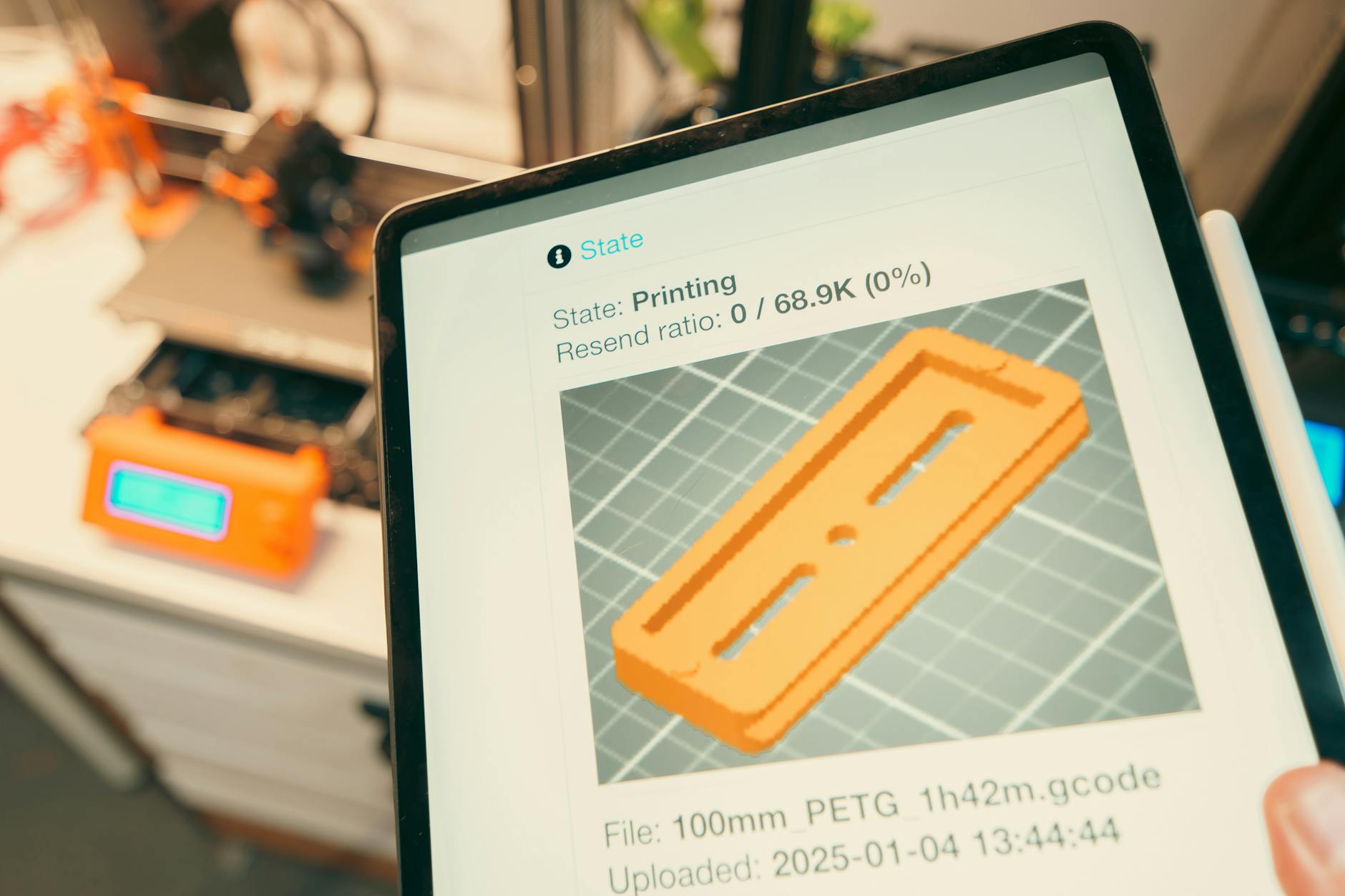Essential Accounting Software Integrations for Small Businesses
Essential accounting software integrations for small businesses can dramatically improve operational efficiency and financial accuracy. Small business owners often juggle multiple tasks, from managing sales to tracking expenses, making it critical to have a seamless flow of financial data between different tools. Integrating accounting software with complementary applications not only reduces manual data entry but also minimizes errors, enhances reporting capabilities, and supports better decision-making. This article explores the most valuable integrations that small businesses should consider, ensuring they make the most of their accounting systems and streamline workflows effectively.
Integrations with payment processing systems
One of the most impactful integrations for accounting software is with payment gateways and processing platforms. Connecting your accounting software to payment solutions like PayPal, Stripe, or Square ensures real-time synchronization of sales transactions and reconciled bank data.
This integration automates the recording of income, tracks payment status, and updates customer accounts automatically—eliminating manual bookkeeping and reducing timing errors. For example, when an invoice is paid through Stripe, the payment details are instantly logged in the accounting system, improving cash flow visibility. This direct connection also aids in faster bank reconciliation since payments and fees are matched against bank statements without manual intervention.
Integration with inventory management tools
For businesses dealing with physical products, integrating accounting software with inventory management systems is essential. Accurate inventory tracking affects cost of goods sold (COGS) and current assets reported in financial statements.
When integrated, inventory changes such as purchases, sales, and returns automatically update accounting records. This synchronization supports precise profit calculations and reduces discrepancies between stock counts and accounting reports.
Popular inventory tools like TradeGecko or Zoho Inventory paired with accounting software help small businesses maintain optimal stock levels and forecast better with real-time data.
Linking with payroll and human resources systems
Payroll is a critical accounting function, especially when managing employee salaries, taxes, and benefits. Integrations between accounting software and payroll or HR platforms, such as Gusto or ADP, automate salary payments, tax deductions, and compliance reporting.
This connection eliminates manual data import/export tasks and ensures timely and accurate reflection of payroll expenses in financial accounts. Additionally, HR integration introduces employee benefits and time-tracking data that can tie directly into wage calculations, offering a holistic management approach.
Integrations with customer relationship management (CRM) software
Integrating accounting software with CRM platforms like Salesforce or HubSpot creates a more seamless sales-to-finance process. This connection helps transfer customer data, quotes, and invoicing information between systems, enhancing customer service and payment tracking.
By linking CRM and accounting tools, businesses obtain a complete view of each customer’s journey—from lead to payment—allowing customized invoicing, better follow-ups on unpaid invoices, and more accurate revenue forecasting.
Summary of key integrations and their benefits
| Integration type | Main benefit | Examples of software |
|---|---|---|
| Payment processing | Automated transaction recording and bank reconciliation | PayPal, Stripe, Square |
| Inventory management | Accurate stock valuation and cost tracking | TradeGecko, Zoho Inventory |
| Payroll & HR | Timely salary payment and tax compliance | Gusto, ADP |
| Customer relationship management (CRM) | Enhanced sales-to-payment tracking and customer insights | Salesforce, HubSpot |
In conclusion, small businesses benefit tremendously from integrating their accounting software with related business applications. Payment processing integrations ensure financial data flows smoothly from sales, boosting cash flow visibility. Inventory management links align stock and cost data, strengthening reporting accuracy. Payroll and HR integrations automate compensation and compliance tasks, reducing administrative burdens. Finally, CRM integrations provide a unified view of customers’ financial interactions, enhancing billing and revenue projections.
By choosing relevant integrations tailored to their specific needs, small businesses can save time, reduce errors, and gain better control over their finances. These tech connections not only simplify bookkeeping but also empower owners with actionable financial insights crucial for growth and sustainability in a competitive market.
Image by: Jakub Zerdzicki
https://www.pexels.com/@jakubzerdzicki
news via inbox
Nulla turp dis cursus. Integer liberos euismod pretium faucibua





